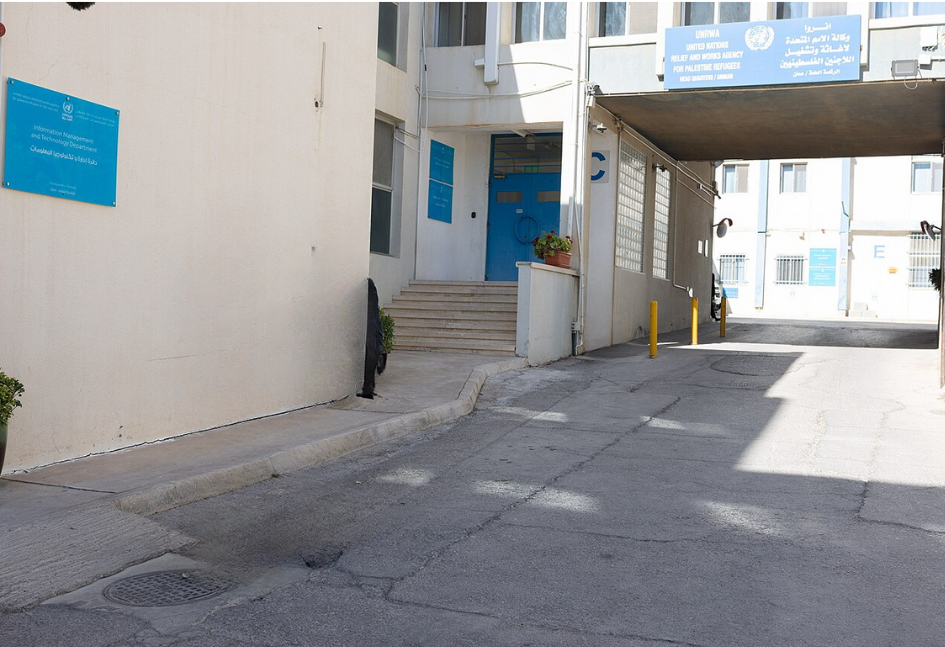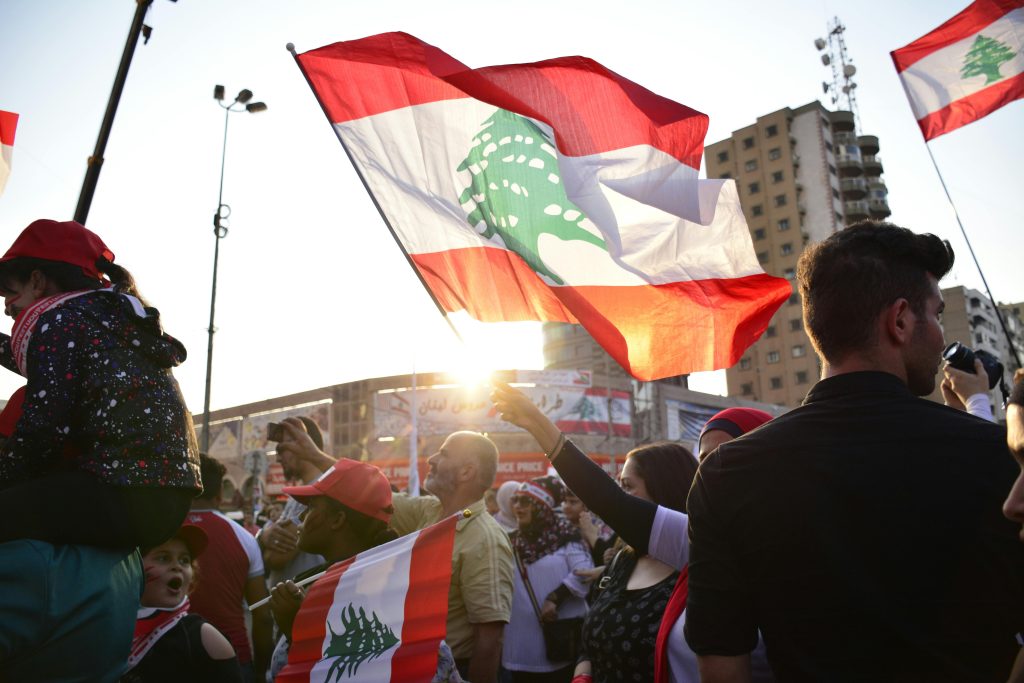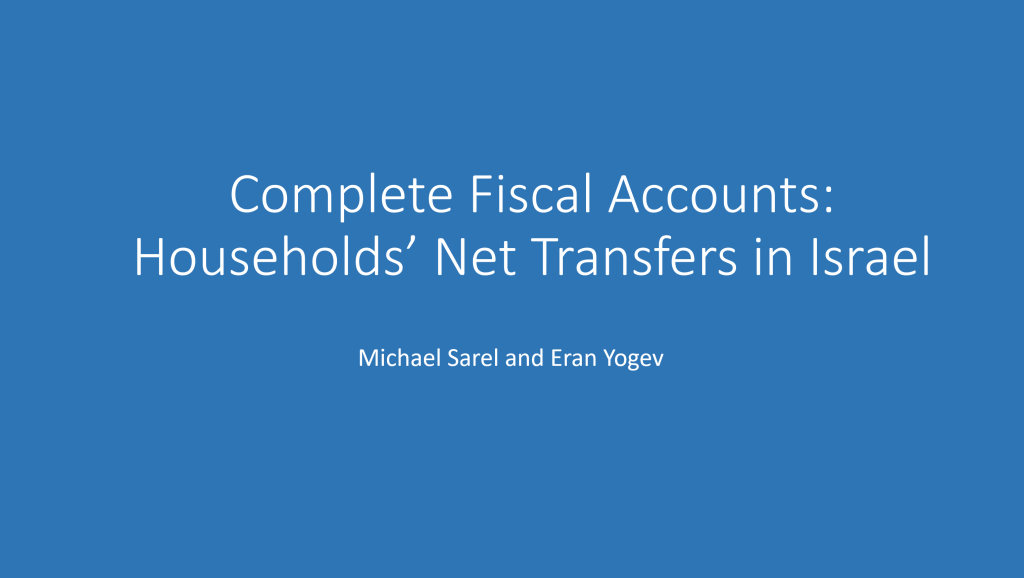The Agency as a National Security Threat and Operational Alternatives
One of the most significant national security threats to Israel today is the Palestinian education system which equips its students with only minimal literacy skills while inculcating them with the hatred of Jews and the ambition to die in the effort to destroy Israel, channeling them towards terrorism.
UNRWA’s continued operation undermines Israel’s very right to exist, due to its unique definition of refugee status valid only for the Palestinians; because it lies at the heart of the toxic Palestinian education and because its institutions serve as training grounds for the next generation of terrorists. Despite its branding as a humanitarian aid organization, UNRWA is staffed and run by terrorist agents who weaponize the UN as a tool to destroy Israel and abuse the diplomatic immunity granted to the organization’s facilities and personnel in order to screen and safeguard terrorist activity.
To counter the threat it represents, UNRWA’s operations must be terminated in several ways:
- By a declaration rejecting its status as a UN agency on the grounds of its ethics and neutrality requirements violations as well as its undeniable support of terrorism, and by outlawing the organization in Israel.
- By an annulment of the special refugee status for Palestinians in Israel (and the legal annulment of UNRWA issued credentials, clarifying that there is and will not be, under any circumstances, a right of return to Israel) and a demand of the same internationally.
- By initiating a process to transfer all responsibility for the “refugees” to the states in which UNRWA operates (among them Jordan, Syria, and Lebanon), including the transference of the humanitarian aid budgets directly to those states’ governments and to communities on the ground.
- By decentralizing authority and guaranteeing Israeli supervision in Gaza. The terror organizations’ usurpation of UNRWA activity on the ground means that it will be insufficient to replace UNRWA management; rather, a complete overhaul of the system is required. The agency’s workers will be prohibited from holding managerial or teaching positions in Gaza, and Israel alone will have control of the central system.
Powers should be decentralized in the following manner:
Civilianization – by establishing an administrative body or a civil service apparatus under Israeli control and supervision which will govern the civil aspects of life that pose a national security threat: education, welfare, and government administration.
Decentralization – by dividing Palestinian territory into separate areas of control to be administered by local governance. Considering Palestinians’ long history of violating promises and agreements, implementation of administrative decisions will be subject to ratification by Israeli security forces. Direct funding will be prohibited – public funds will be held in trust funds controlled by Israel with payment transferred upon proof of performance.
De-radicalization– terrorists and UNRWA workers will not be permitted to serve in managerial positions in the new governance units. Appointments will be contingent on non-affiliation with terrorists and on condition that candidates publish a declaration in Arabic rejecting terrorism and supporting the right of Israel to exist. Teachers who remain in the system will be transferred to areas other than those in which they reside.
International executive contractors, such as international aid organizations and agencies can provide management, training, and placement of personnel services. Because of the security risk, no foreign actor will be allowed to make decisions that affect the Gaza Strip in its entirety. Foreign actors will be permitted to work with local authorities only. Decisions will be made by the Palestinian administrative body, in coordination with the relevant international aid organizations and permits will be separately issued by Israel for every administrative unit.
For the full paper in Hebrew, see here



